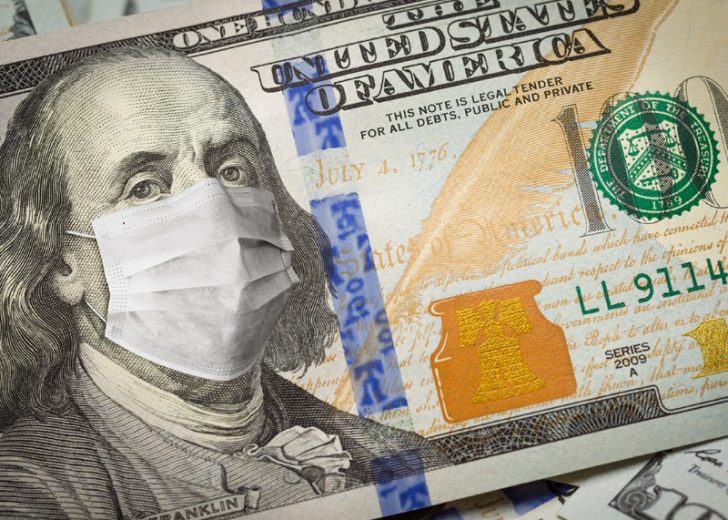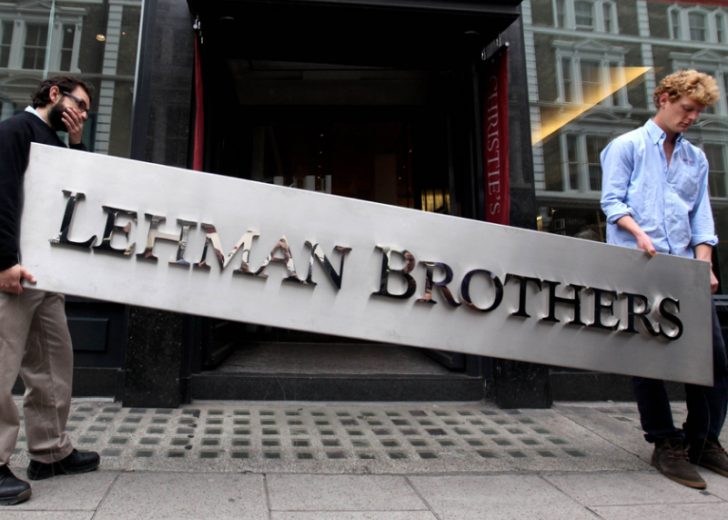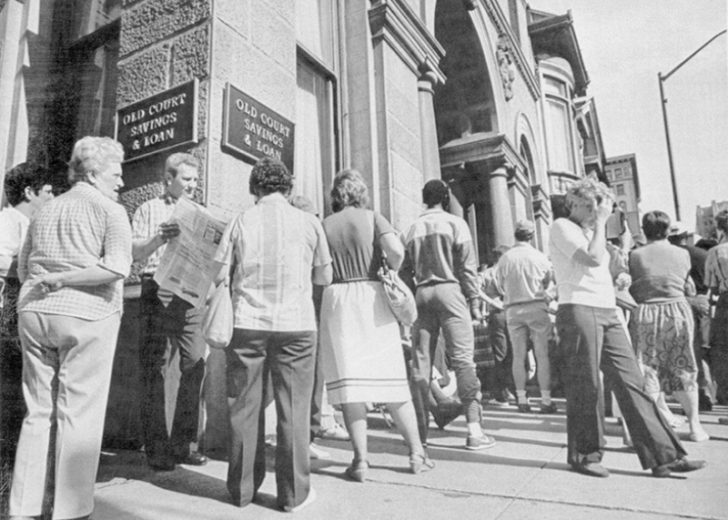Enterprising fraudsters abound, making merry with funds provided by trusting investors and lax controls by authorities. Huge legal scandals surfaced with lots of money and individual reputations being lost. These cases had significant impact and shock factors, leading to regulatory changes.
The Stanford financial fallout (2012)

Allen Stanford was Chairman of the Stanford Financial Group, a bank situated all the way in Antigua. In March of 2012, Stanford was guilty of over $7 billion fraud by a court in Houston which destroyed Stanford’s reputation and devastated the island’s economic reputation. Stanford used investor money to fund his lavish lifestyle, with high staff wages. Antigua, a very tourism-dependent island , dealt with internal shock due to sudden loss of business after the financial fallout. Stanford denied any wrong-doing, blaming his ex-Financial Officer for the situation. Even after his arrest, many regarded Stanford highly.
Herstatt Bank (June 1974)
It was the 35th largest bank in Germany, with assets of more than DM2 billion by the year 1974 and played an important role in foreign exchange markets. But some miscalculated and faulty decisions led to Herstatt Bank losing DM 470 million in June 1974. It was June of 1974 when German regulators took over control of the bank and ordered its closure and the bank was to receive USD payments. The different time zones ensured the banks never got this payment. The real time gross settlement systems were implemented across the world, so that all payments made between banks were done in real-time.
The Lehman Brothers (September 2008)

This was the biggest bankruptcy cases in USA and more complex than Enron in November 2001. When Lehman Brothers filed for bankruptcy on the 15th September 2008, many were left shocked as the 150 year old company said finances and profits were looking healthy. This led to fall in consumer confidence and 28,000 jobs lost across the world. Lehman Brothers collapsed due to miscalculated risks in the growing American market, hiding over $50 billion worth of given loans as their sales, leading them to suffer huge losses and their share prices falling from $85 USD to just 10 cents.
The Great Salad Oil Scandal (1963)
This was a corporate scandal in 1963, with Bank of America and American Express losing $150 million USD, due to Anthony De Angelis, who was the owner of New Jersey’s Allied Crude Vegetable Oil Company. De Angelis obtained loans by providing supply of edible salad oil by ships that were approved by inspectors. The ships were mostly filled with water, but as oil would float on top of the water, inspectors assumed that ships were filled with oil. Instead of 1.8 billion pounds worth of oil, Anthony actually had just 110 million pounds. In 1963, De Angelis was found guilty of fraud with conspiracy charges, secured seven years in prison and was released in 1972.
The Savings & Loan Scandal (1989)

Charles Keating operated a number of huge Savings and Loan institutions which operated like the banks, just without any of it’s regulations. A series of terrible investments to enrich the corporate officers were made. Keating and staff never told investors about investing in worthless junk. Keating was arrested and convicted of securities fraud. Government regulation was tightened, and promptly untightened, as the financial industry owns the U.S. government. Five senators including John McCain were implicated for offering political cover to Keating and cronies.




